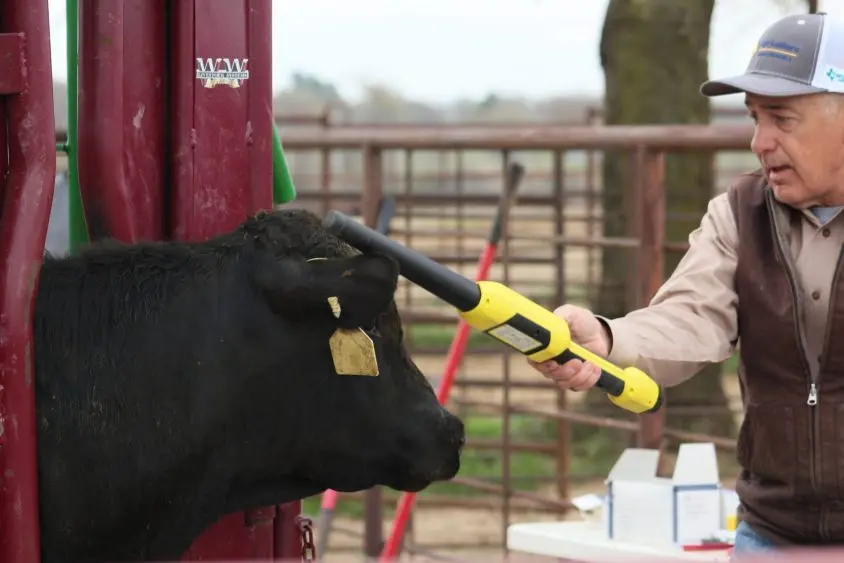
The U.S. District Court for the Fourth District of South Dakota has denied much of the USDA’s motion to dismiss in the lawsuit R-CALF, et al. v. USDA, brought by the New Civil Liberties Alliance (NCLA) on behalf of cattle producers. The case challenges a 2024 USDA Animal and Plant Health Inspection Service rule that requires electronically readable (EID) ear tags for certain cattle and bison transported across state lines, replacing the traditional visual tags ranchers have used for decades.
The USDA argued that the plaintiffs lacked standing to sue, claiming that cattle producers could not show direct harm from the rule. The District Court disagreed, rejecting the agency’s arguments and allowing the lawsuit to move forward. The decision is seen as a significant step for ranchers who argue the mandate disproportionately impacts smaller and independent operations.
Kara Rollins, Litigation Counsel for NCLA, said, “Since this rule came into effect almost a year ago, America’s farmers and ranchers have been forced to comply with an unnecessary mandate.”
Supporters of the rule within USDA say it strengthens animal disease traceability and helps protect both domestic markets and international trade, pointing to past outbreaks like bovine tuberculosis and mad cow disease that highlighted weaknesses in tracking livestock movement. By requiring EID tags, officials argue, state and federal agencies can quickly contain animal health threats.
But opponents, including R-CALF, insist the technology adds unnecessary costs, with tags often costing two to three times more than visual alternatives. For ranchers running hundreds or thousands of head, those costs add up quickly. They also argue that the regulation benefits larger feedlots and corporate meatpackers that already use EID systems, while putting small ranchers at a disadvantage.
The lawsuit reflects a broader divide within the cattle industry. While groups like the National Cattlemen’s Beef Association (NCBA) have acknowledged the potential benefits of EID in improving traceability, R-CALF and independent producers maintain that compliance should remain voluntary.
With the motion to dismiss denied, the case will now proceed to full consideration of the merits. The court is expected to hear arguments on whether USDA had the legal authority to implement the rule and whether the agency followed proper rulemaking procedures. If USDA loses, the rule could be struck down entirely. The agency may also appeal certain aspects of the decision, potentially extending the legal fight for months or even years. For now, producers remain under the mandate while the case plays out in court.
In January 2024, USDA’s Animal and Plant Health Inspection Service finalized its rule mandating EID ear tags for certain cattle and bison moving across state lines. That spring, R-CALF and a group of producers represented by the New Civil Liberties Alliance filed a lawsuit challenging the rule’s legality. By September 2025, USDA had filed a motion to dismiss the case, arguing that the cattle producers lacked standing to sue. In October 2025, the U.S. District Court for the Fourth District of South Dakota rejected much of USDA’s motion, clearing the way for the case to move forward. The next phase will be full hearings on the merits, where the court will consider whether USDA had the authority to issue the rule and whether it followed proper procedures in doing so. Depending on how the case develops, USDA could appeal, potentially prolonging the legal fight for months or even years.



